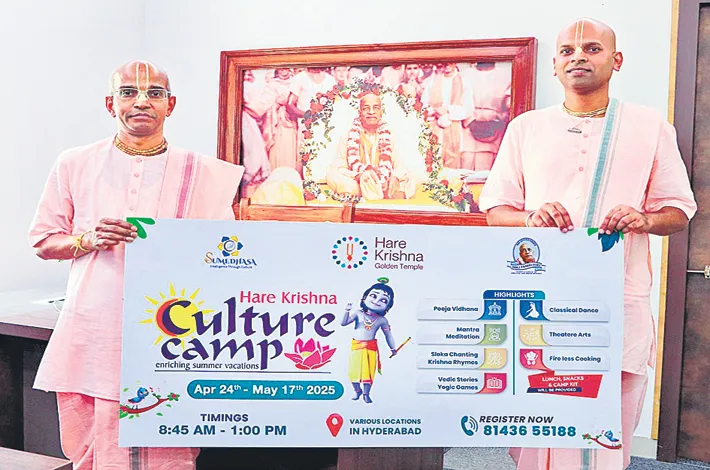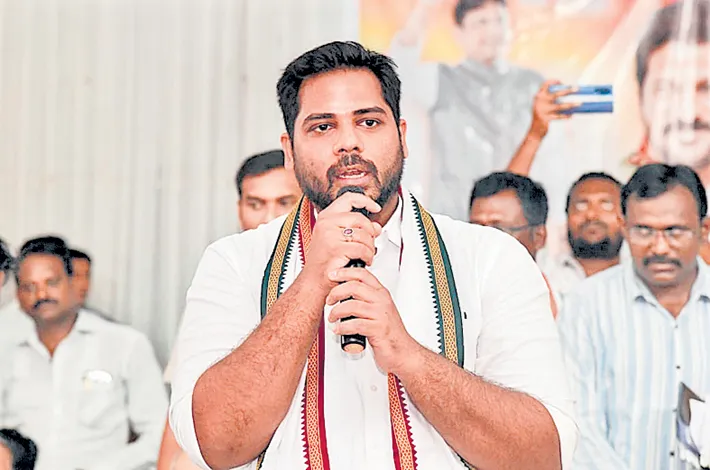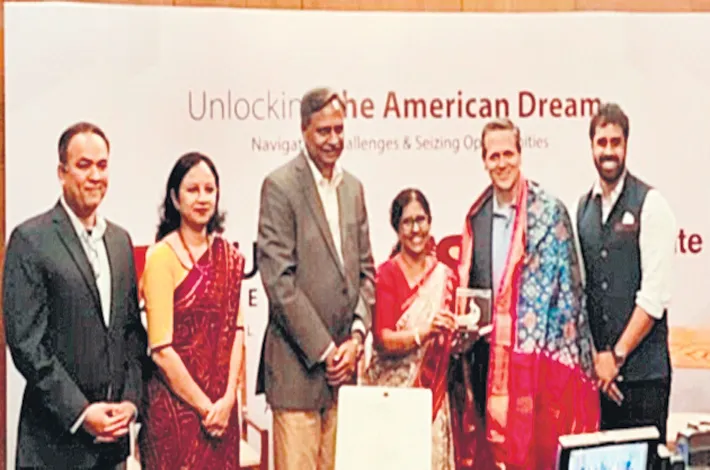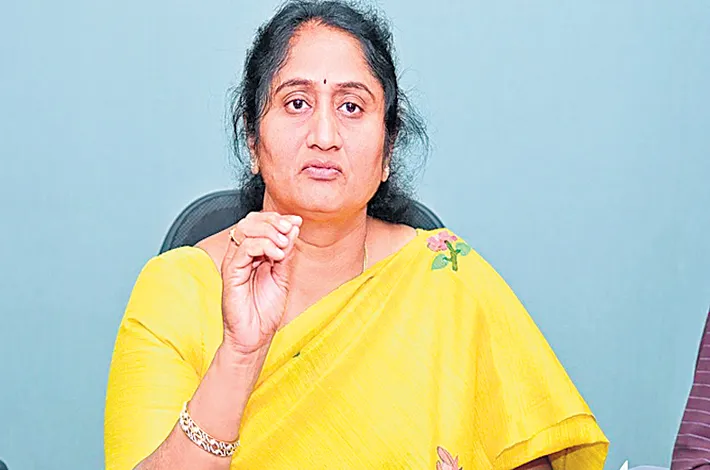Preserving the Fabric of Family
10-02-2025 12:00:00 AM
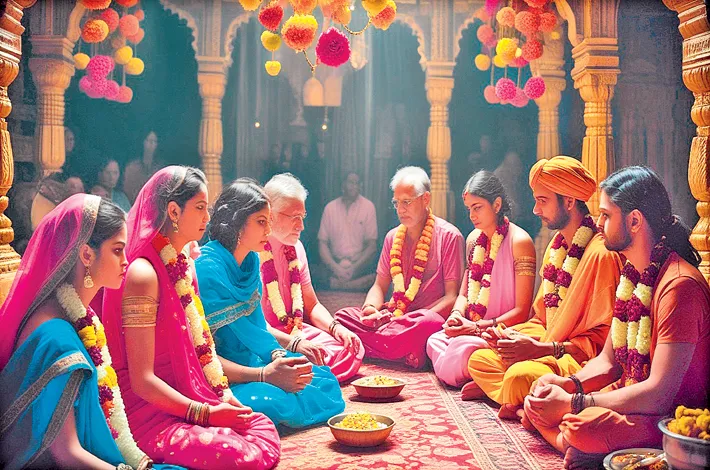
The Importance of Traditional Indian Practices in Interpersonal Relationships
Each family practice, from the way meals are shared to the stories told over generations, carries with it layers of cultural heritage. By continuing these practices, families act as custodians of culture, passing down values like hospitality, respect for all forms of life, and a deep connection with nature and spirituality
In the rapidly modernizing world, where global cultures often blend into a homogenized mass, the unique practices that define and nurture interpersonal relationships within Indian families stand as a testament to centuries of social wisdom.
These traditions, deeply embedded in the ethos of Indian culture, are not mere relics of the past but vital frameworks for fostering emotional, psychological, and social well-being within the family unit. Here, we explore the significance of continuing traditional Indian practices in intra-family relationships, emphasizing their role in maintaining harmony, understanding, and resilience among family members.
The Role of Respect and Hierarchy
One of the core aspects of Indian family dynamics is the respect for elders, encapsulated in the concept of "Vandanam" or paying respects. This isn't merely a gesture of politeness but a profound acknowledgment of the wisdom and experience accumulated by older generations.
The traditional practices of touching feet, seeking blessings, or even the daily ritual of "Pranam" reinforce respect and humility, which are foundational for mutual respect within the family. This hierarchical respect ensures that younger generations learn from the life experiences of the elders, creating a cycle of learning and cultural transmission.
Joint Family System
The joint family system, although less prevalent in urban settings today, has been a cornerstone of Indian family life. This system fosters an environment where multiple generations live under one roof, sharing responsibilities, joys, and sorrows. The benefits are manifold: children grow up with a broad support system, elderly members feel valued and cared for, and there's a collective pool of resources, both emotional and material. The daily interactions in such a setting promote interdependence, empathy, and an understanding of diverse perspectives.
Festivals and Rituals
Indian festivals are not just celebrations but are deeply ritualistic events that strengthen family bonds. From Diwali to Holi, Raksha Bandhan to Navratri, each festival comes with its set of rituals that involve the whole family. These occasions necessitate coming together, which in turn, reinforces family ties through shared activities, storytelling, and collective participation in traditions like making rangoli, preparing traditional meals, or performing religious rites. These rituals serve as reminders of cultural identity and provide a sense of belonging and continuity.
Communication and Conflict Resolution
Traditional Indian practices emphasize indirect communication for conflict resolution, often employing mediators like elder family members or even extended family to navigate disputes. This method of resolving conflicts is not about avoiding confrontation but about preserving dignity and maintaining peace.
Techniques like "Sama" (conciliation), "Dana" (gift-giving to mend relations), and "Bheda" (pointing out the folly in one's actions) are part of a nuanced approach to maintaining harmony. These methods teach patience, forgiveness, and the art of compromise, essential qualities for any relationship.
Marriage and Matrimonial Alliances
Marriage in Indian culture is often seen as an alliance between families, not just individuals. Traditional practices like "Swayamvara" or the more common arranged marriages underscore the importance of family in the marital decision-making process.
While contemporary views on marriage vary, the traditional focus on family support, compatibility in values, and the integration of the spouse into the family system still holds merit. These practices ensure that marriages are not isolated events but part of a broader social network that supports the couple through life's challenges.
Preservation of Cultural Heritage
Each family practice, from the way meals are shared to the stories told over generations, carries with it layers of cultural heritage. By continuing these practices, families act as custodians of culture, passing down values like hospitality, respect for all forms of life, and a deep connection with nature and spirituality. In an era where cultural amnesia is a risk, these traditions are the threads that keep the cultural tapestry vibrant.
Adaptation for Modern Times
While the essence of these practices should be preserved, adaptation to modern contexts is necessary. For instance, while respecting elders remains crucial, the dialogue can be more open, allowing for mutual learning. The joint family system can evolve into close-knit family networks even if not living under one roof. Festivals can incorporate modern elements without losing their core.
Conclusion
The traditional Indian practices in interpersonal relationships within the family are not just about maintaining customs for customs' sake but about nurturing a system that supports individual and collective emotional health. They provide a framework for resilience in the face of modern life's stresses, offering a sanctuary of love, learning, and laughter.
As India strides into the future, these practices remind us of the enduring importance of family as the first school of life, love, and legacy. It's imperative, therefore, not to let these traditions fade but to adapt and celebrate them, ensuring they continue to enrich the lives of future generations.





